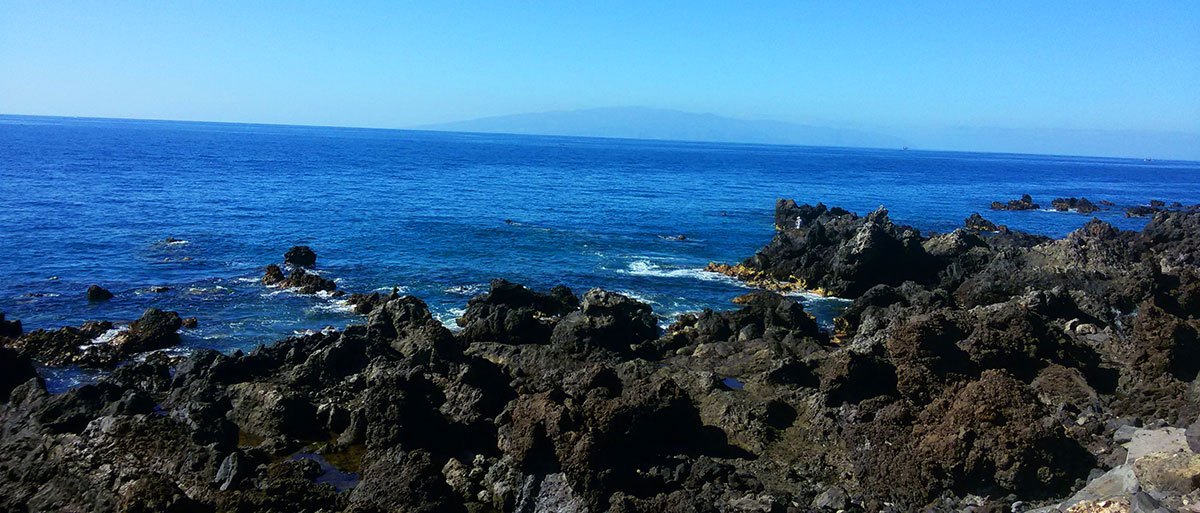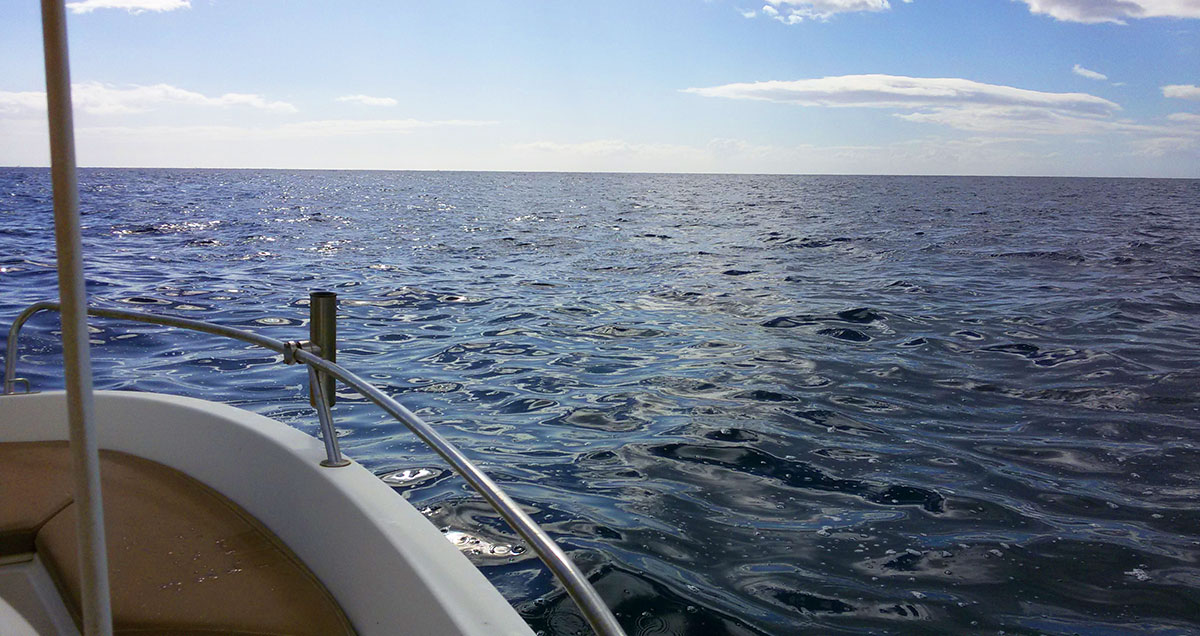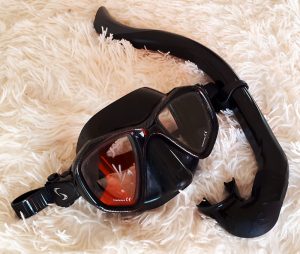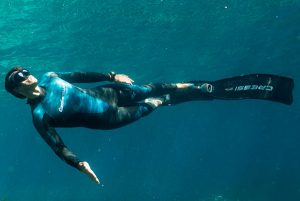An untrained person is able to stay without breathing for 30-50 seconds. But once he breathes pure oxygen, and the delay increases to 4-5 minutes or more. We do not breathe oxygen, but atmospheric air.
Venous blood enters the lungs and enters gas exchange with the alveolar air, but its composition is almost constant and differs from atmospheric air.
A normal reaction to a change in the composition of the alveolar air is the excitation of the respiratory center. First of all, the respiratory center responds to an increase in partial pressure (increase in percentage) of carbon dioxide. The lowering of the partial pressure of oxygen also acts.

In this regard, the simplest conclusion can be made – the duration of the breath-holding, first of all, depends on the level of the body’s fitness for endurance, the ability to economically expend already accumulated oxygen reserves. And lung volume, work intensity and external environmental conditions are just additional factors. With an increase in external pressure during diving to a depth, the air volume in the lungs also correspondingly decreases, while the equalization of pressure in the chest cavity is provided by various compensatory mechanisms when the lung volume is filled at a depth by physiological fluids in the body – blood and lymph.
The necessary reserve capacity of the body exclusively individual and provided by several factors:
- high elasticity and mobility of the chest;
- trained, developed and flexible diaphragm;
- high elasticity of the lung tissue and the absence of adhesions, injuries, cavities;
- a healthy state and fitness of the cardiovascular and lymphatic systems;
- well-developed muscles of the chest and abdominals.
For each individual person, reserve capabilities are exclusively individual, so it is difficult to predict how the body will respond to increased depth, pressure, excess carbon dioxide and lack of oxygen. However, it should be said that reserve capabilities increase during training.

Trying to take a deep breath from under the mask may lead to the risk of lung barotrauma from dilution. This occurs when the water pressure cannot be completely balanced by the back pressure of fluids and air in the lungs.
SHALLOW WATER BLACKOUT
Loss of consciousness during the ascent is the greatest danger of all divers in apnea. The second and more common name is shallow water blackout. What does it mean – loss of consciousness in shallow water.
In fact, several stages of loss of consciousness can be distinguished by a freediver or an underwater hunter. And they all occur most often during a return to the surface. Except for a few points:
- Hyperventilation and shallow water blackout before diving.
- Too active or aggressive approach to the dive, increased super-tasks, the desire to set a record.
- Too small interval of rest between dives and, as a result, accumulation of excess carbon dioxide in tissues.
- During a sharp turn at a depth, before starting to return to the surface, there is an outflow of blood from the area of the brain, which leads to loss of consciousness.
During diving, in the very first phase of the dive, the need for breathing is almost not felt. As soon as the partial pressure of carbon dioxide reaches the limit sufficient to excite the respiratory center, the diver begins to feel an acute desire to take a breath. In this state, a strong-willed person can continue holding his breath. With prolonged exposure to carbon dioxide on the respiratory center, its sensitivity decreases, and an acute desire to take a breath decreases. Meanwhile, oxygen stores are being consumed, and the first signs of oxygen deficiency appear – heart palpitations, increased blood pressure, knocking on the temples, impaired coordination of movements.
First of all, the central nervous system reacts to a lack of oxygen, subtle sensitivity and the ability to really assess the situation become dull.
Consciousness remains perfectly clear, while persistence in achieving the assigned task develops. For a moment there is a feeling of super-well-being (euphoria). Loss of consciousness occurs suddenly, unexpectedly, against the background of complete health. Extracted from the water and recovered, the diver does not remember anything about the previous events (the phenomenon of retrograde amnesia).
Diving to great depths is also dangerous due to the fact that during active work oxygen is quickly consumed, but at the same time its partial pressure is quite high. During the ascent, the partial pressure of oxygen begins to fall rapidly, reaching critical and transcendental values, which leads to an inevitable loss of consciousness.
Note: Safety is the most important thing in spearfishing. Be careful. Take care of yourself and your health.



